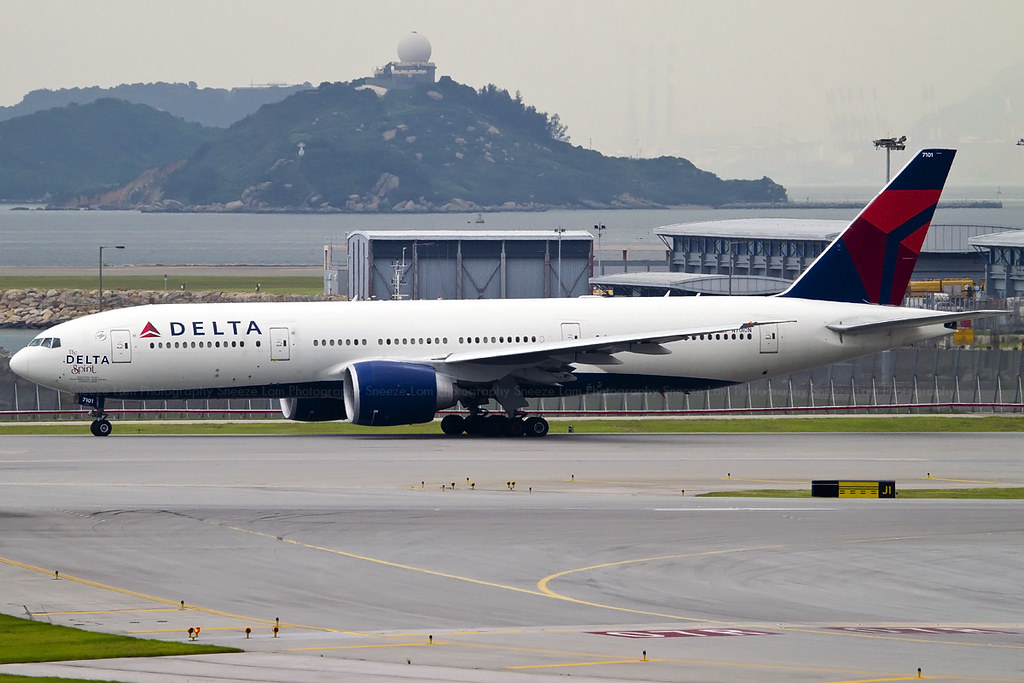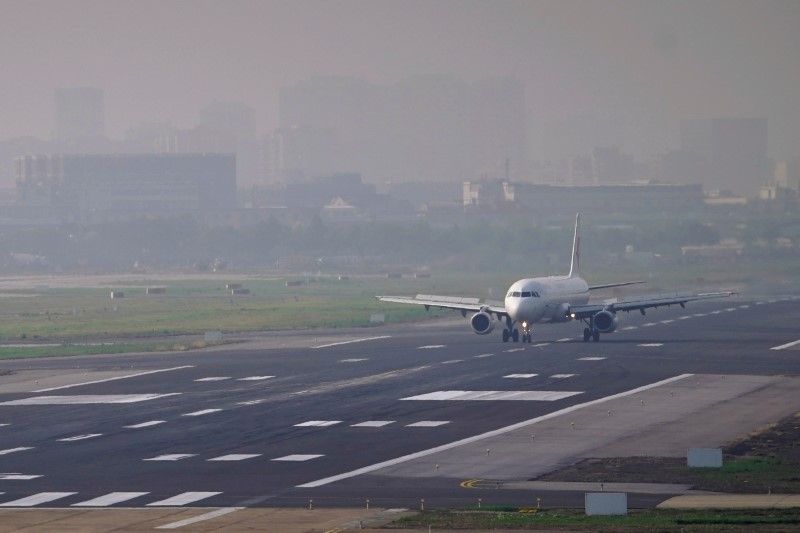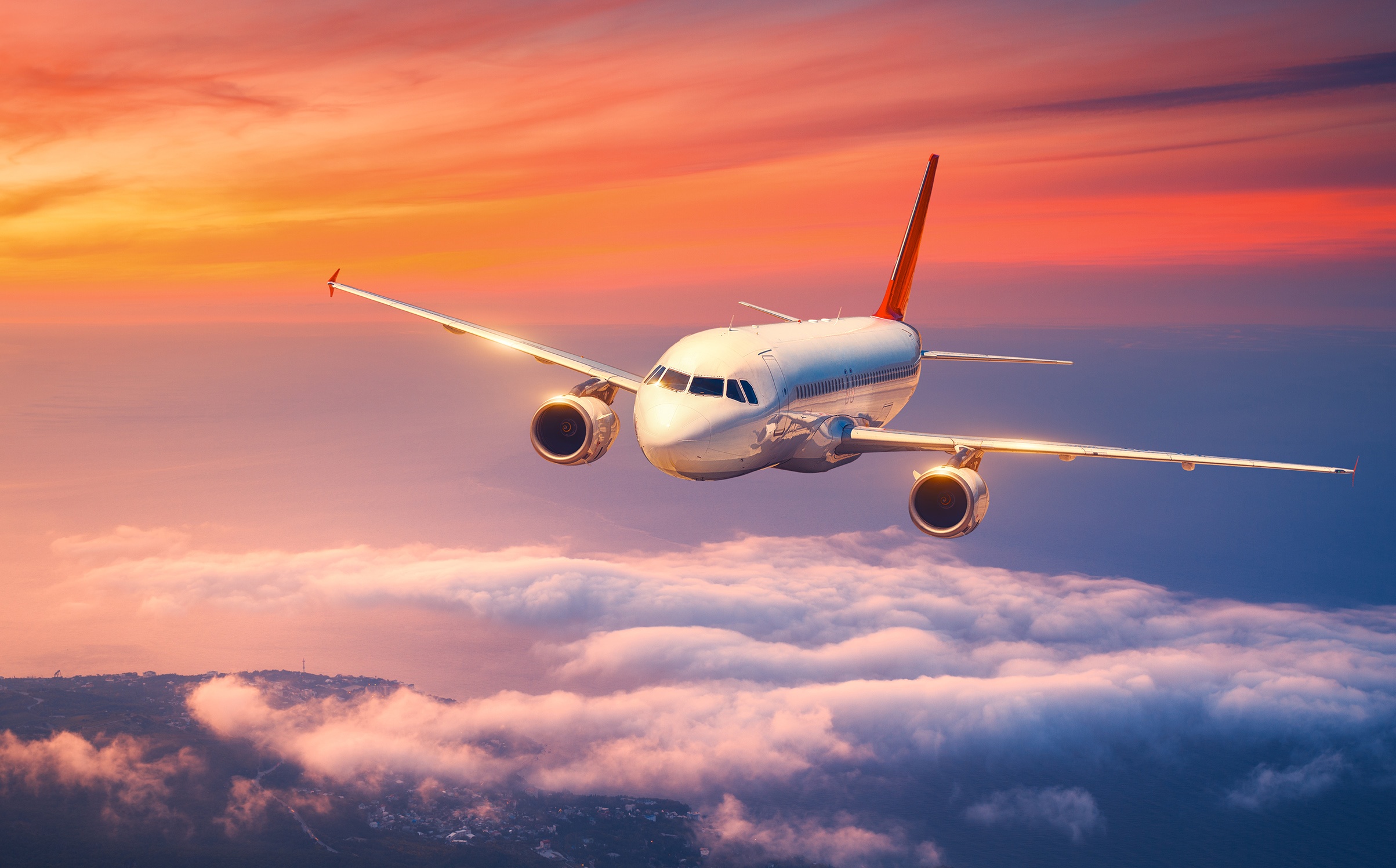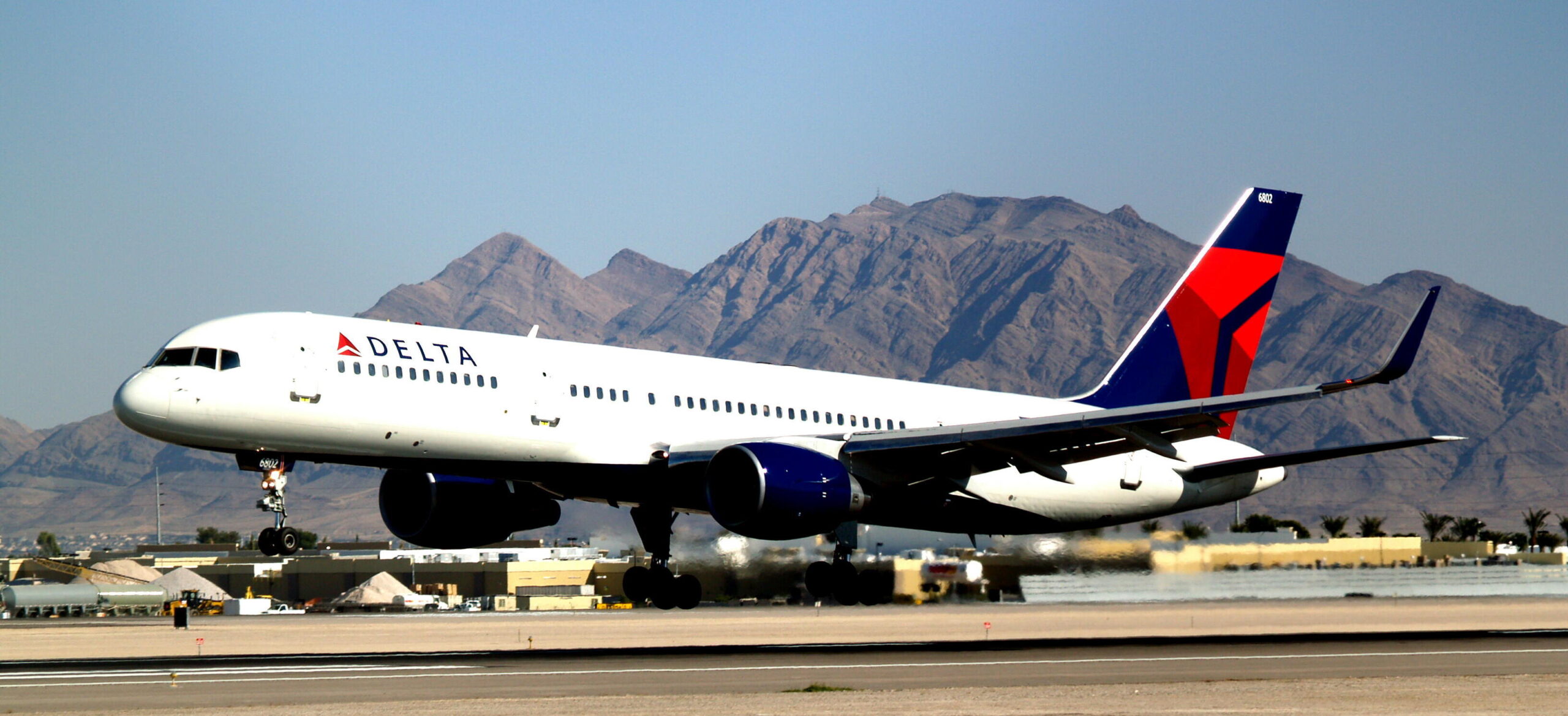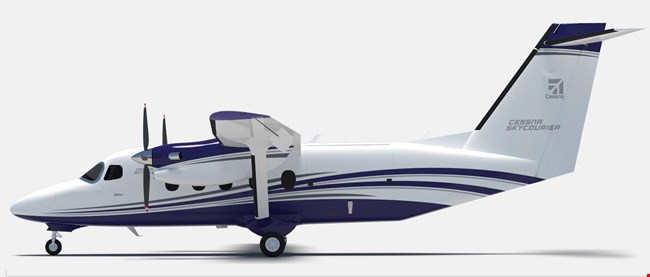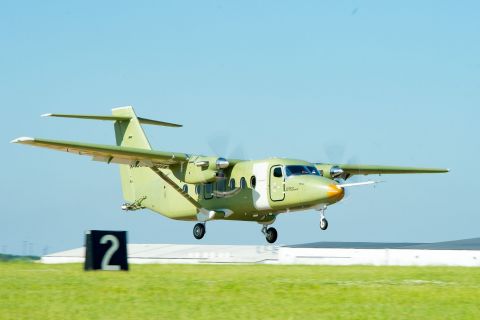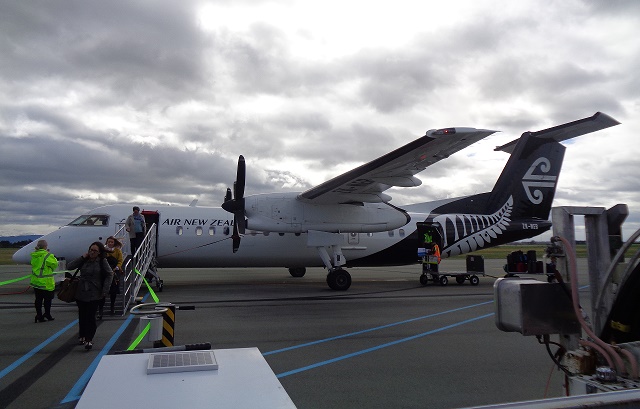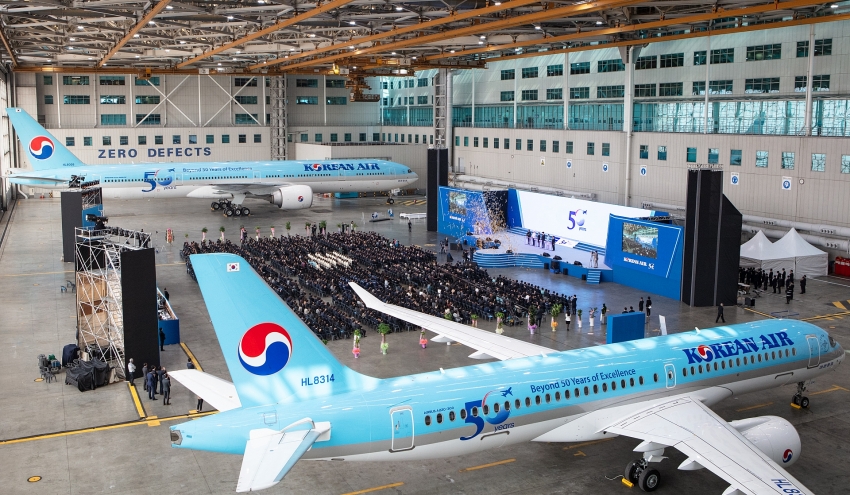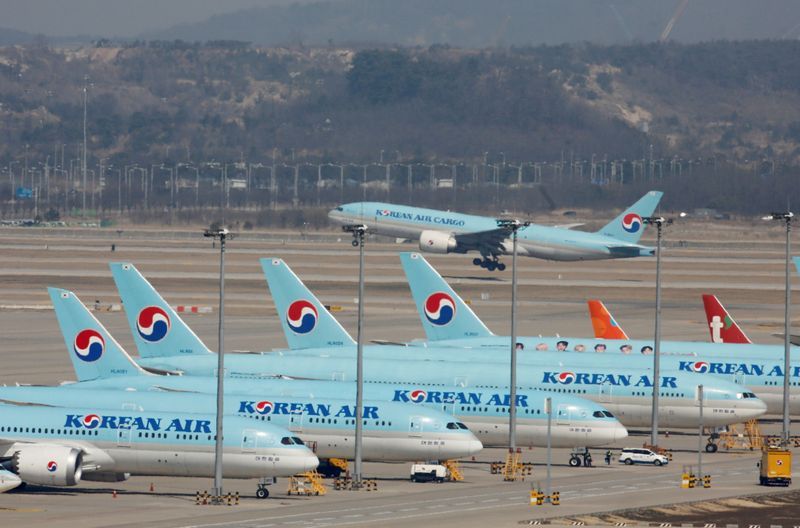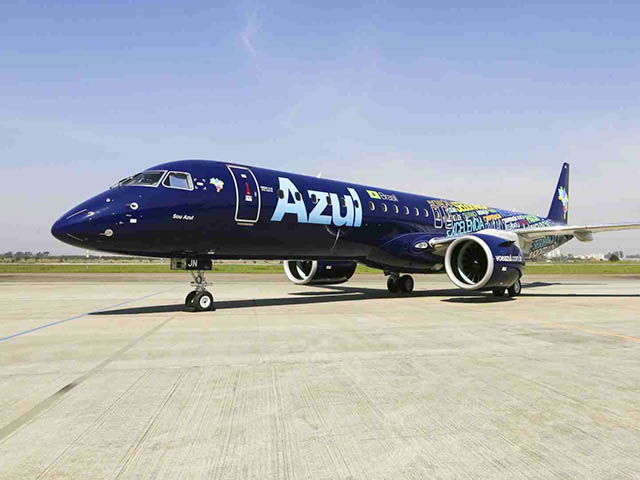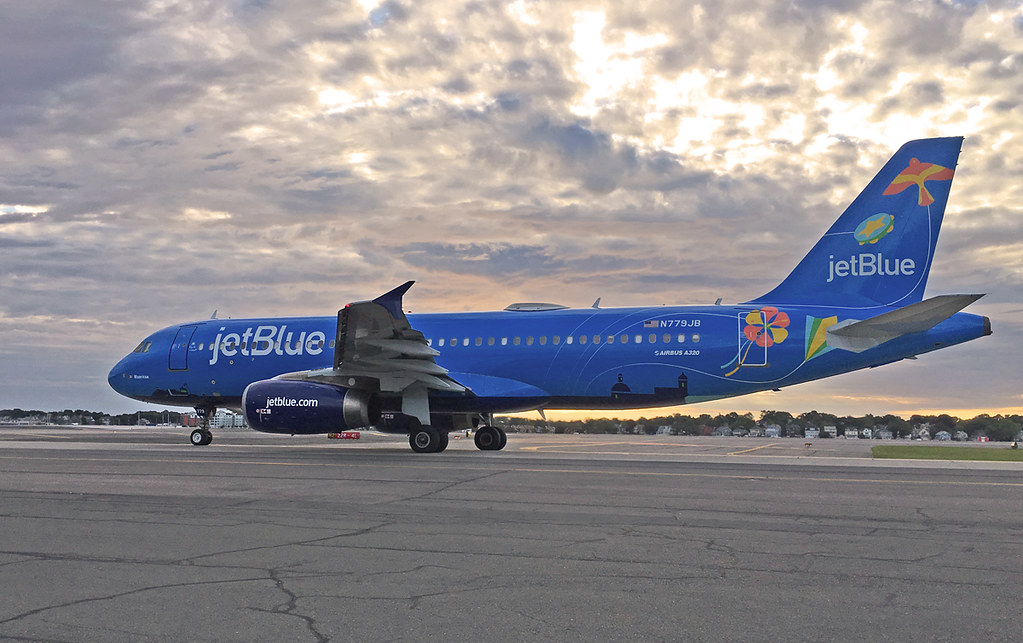Air New Zealand has shared what customers can expect while travelling with the airline when the country moves to Alert Level 1. These changes will be progressively rolled out over the coming days.

Air New Zealand General Manager Customer Experience Nikki Goodman says Alert Level 1 will mark a return to normal with regards to domestic flying.
“Social distancing is no longer a requirement, unaccompanied minors will once again be able to travel domestically, and customers will be able to travel around New Zealand again with pets as checked baggage.
“Customers are still encouraged to check-in for their flight via the Air New Zealand mobile app to save time at the airport. We recommend allowing plenty of time to process through the airport as we expect to see more people travelling at this level. As we’ve adapted our processes to support customers through Alert Level 2, we’ve gained some great insight into changes that we will adopt going forward, and customers can expect to see some of these as they travel.
“Our domestic lounges are open except for Auckland Domestic, which is undergoing refurbishment, and Wellington and Christchurch regional lounges which remain closed at this stage. Hot food will be available again and served to our customers, while other food will be pre-portioned and available at the buffet. Inflight, customers would have noticed our food and beverage service resumed under Alert Level 2 with the exception of Koru Hour. We are working closely with our partners and suppliers to bring this back over the coming weeks.
“As always, our top priority is ensuring we keep our customers and people safe, so high touch surfaces on board and in our lounges and airport spaces will continue to be cleaned regularly. Our jet aircraft are fitted with hospital-grade air systems that filter out viruses, and hand sanitiser will continue to be available across the airport, kiosks, service desks and all our aircraft for customers and staff to use as they wish.
“As we get back into more frequent flying, please be patient with us, as our contact centre and customer care teams continue to receive a high volume of enquiries. If your travel isn’t urgent, we’d appreciate if you would wait to contact us so that those with imminent travel can be prioritised. We’re thrilled to welcome more people on board, but please remember to be kind to our frontline employees – and if you are unwell or have Covid-19 symptoms please do not travel.”
Further details on the customer journey for Alert Level 1 can be found on the COVID-19 hub on the Air New Zealand website.
The airline plans to operate around 55 percent of its usual domestic capacity (compared to pre-COVID-19 levels) from July and August. On Monday the airline began operating to all 20 of the domestic ports it previously flew to.


